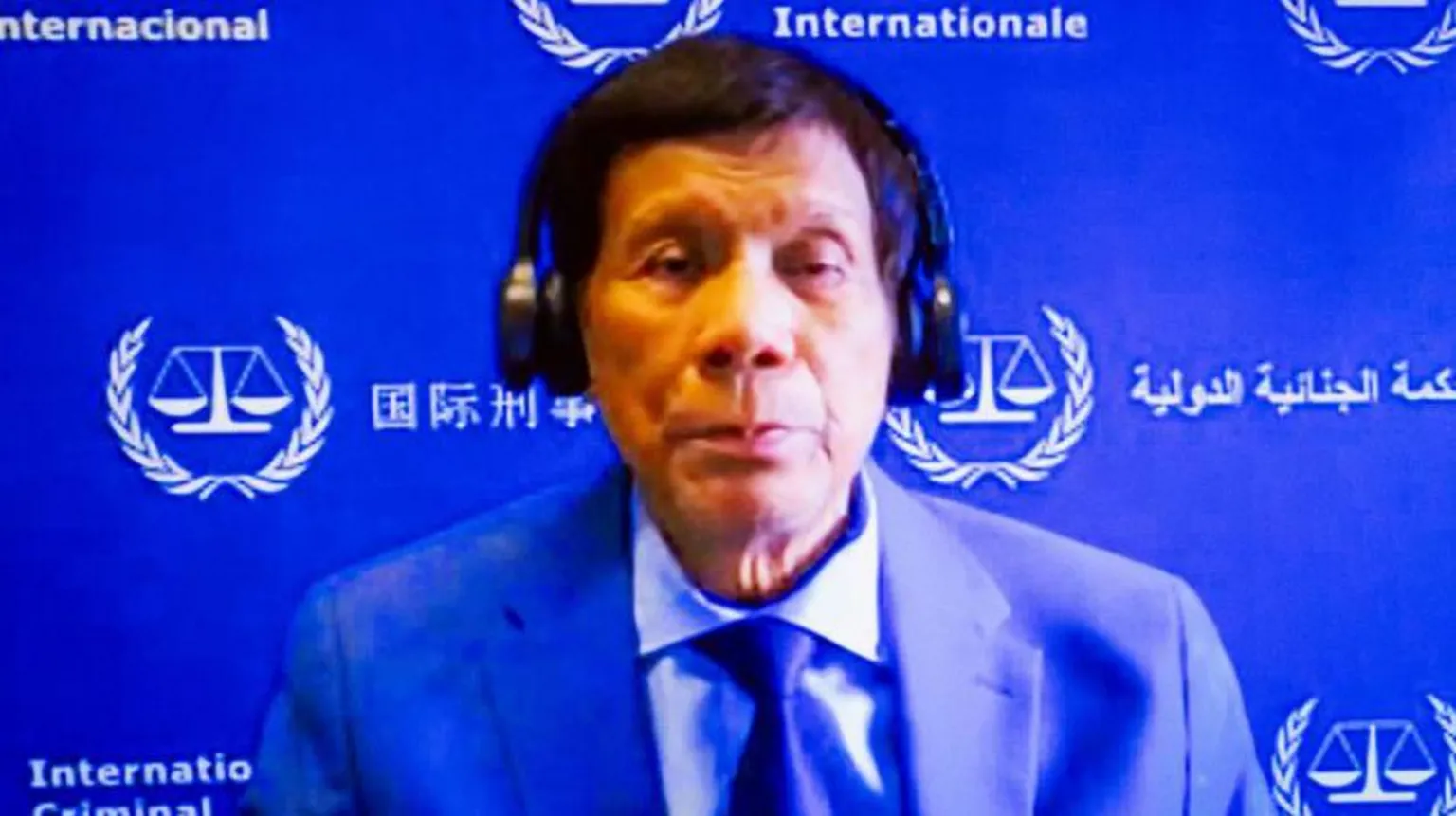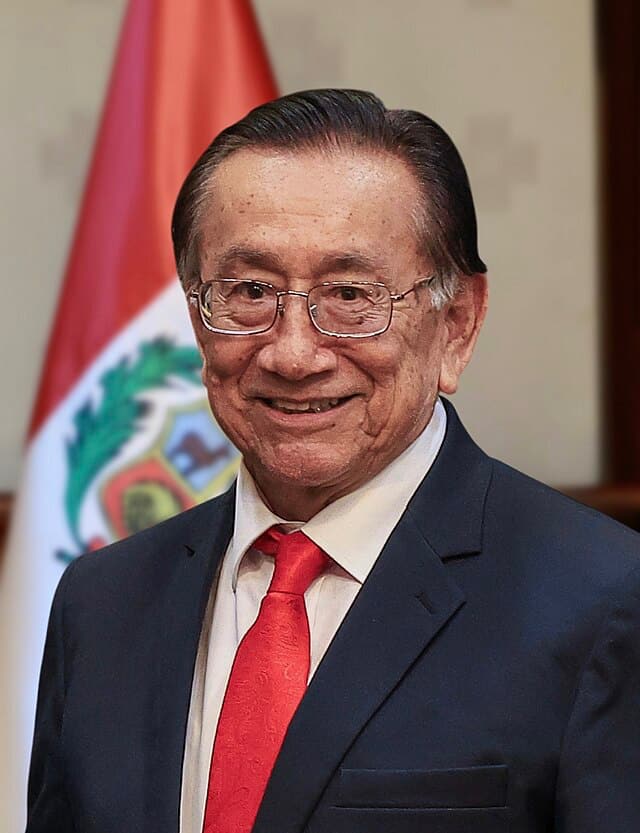Understanding the Subtle Manipulation of News Media in the Age of Pseudo-Enlightenment
Exploring manipulation tactics and dangers of compliance in the news media.
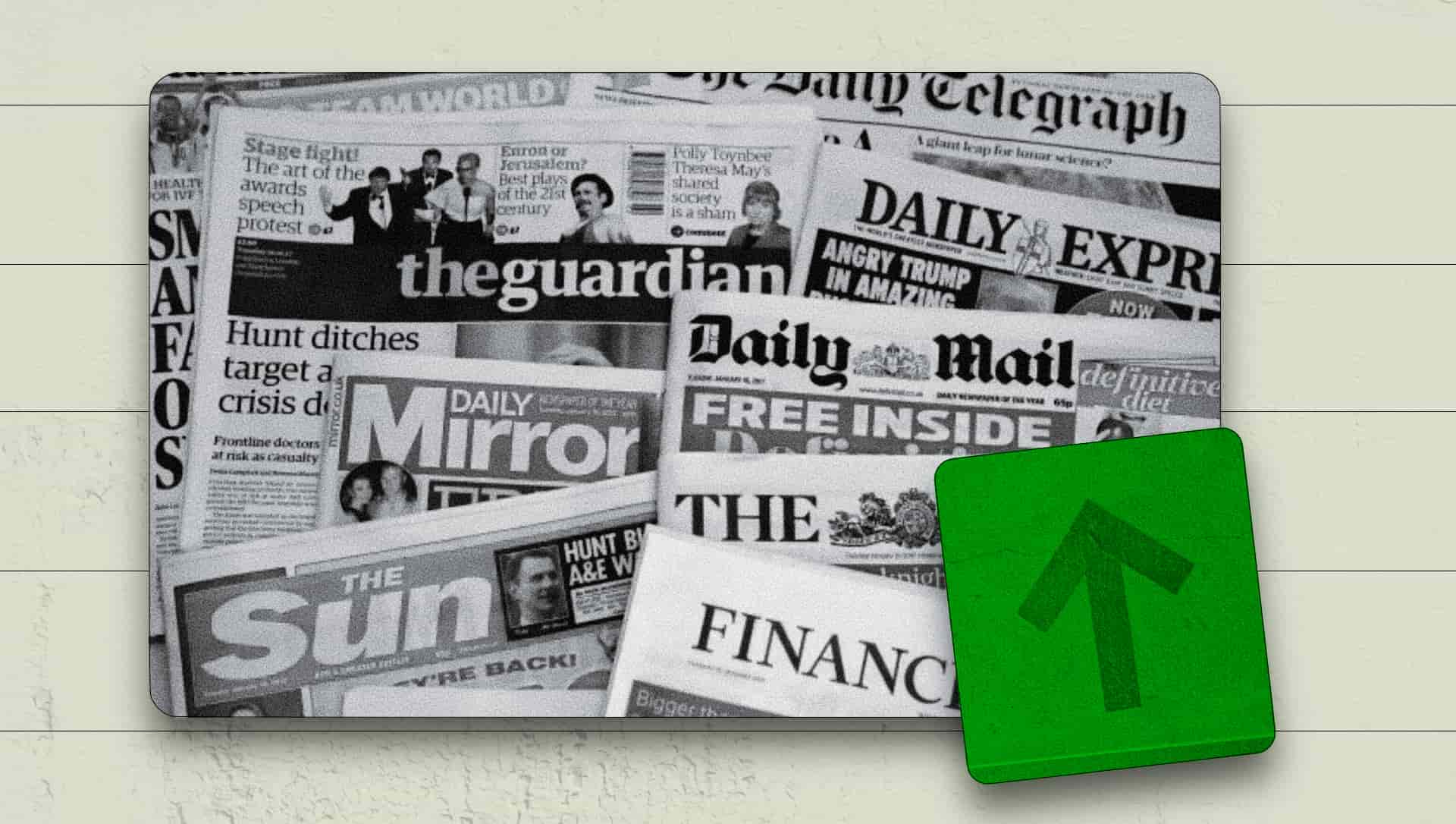
“It’s the Sun wot won it”
The older generation may remember it well. It was 11 April, 1992. Neil Kinnock and his Labour Party were set to win the general election and the best the Conservatives could have hoped for was a hung parliament. Then, however, The Sun, one of the UK’s right wing tabloid newspapers owned by Australian-American media mogul Rupert Murdoch, launched an aggressive campaign to swing things around… and sure enough it did.
Its election day headline summed up the mood it strove to engender: “If Kinnock wins today, will the last person to leave Britain please turn out the lights.” The Sun had no qualms in crediting itself with the turn of events once the Conservative victory was announced. Its headline was brazenly blunt and coarse: “It’s the sun wot won it”.
Then in the 1997 election (oops!) it did it again, but this time it supported Labour’s Tony Blair. It was likely that Blair was set to win anyway, but The Sun’s volte-face certainly contributed to the landslide victory that followed.
None of this is a surprise, of course. We all know the relentless power of propaganda. The tragedy, however, is that few of us care. Moreover, this propaganda is not only generated from the press and media outlets; it insidiously targets us from every quarter, including culture, religion and family values.
Goodness is an ethical choice, an informed choice, and without choice, there is only compliance.
Everything we accept without question is a form of brainwashing. It need not necessarily be bad, but unless we question it, it will certainly not be good either. Goodness is an ethical choice, an informed choice, and without choice, there is only compliance. Indeed, the same applies to evil. Burning a heretic or roasting a pig are harmful, but not necessarily bad, because the actor may be functioning without judgement, almost like an automaton.
Compliance is beyond the scope of good and evil, or more accurately, below it. If there had to be a place where compliant people go, it would have to be a sort of inconsequential Limbo charged with indifference and stagnating habits. Nevertheless, this ignorance is not bliss, because in a way, compliance is the greatest sin there is. It involves reneging our higher selves for a zombie-like existence.
Waking up from a routine existence and taking our moral responsibilities seriously is a challenge many people would rather avoid. The words of the Cold Genius in Purcell’s King Arthur (libretto by John Dryden) spring to mind:
“What power art thou, who from below Hast made me rise unwillingly and slow From beds of everlasting snow? […] Let me, let me freeze again to death.”
Yes, there is a certain warmth in freezing to death. It means not having to call into question our faith, our way of life or our very understanding of who we are. The fact is, however, that we comply at our own peril. The peril of a fictional life as opposed to a free, creative and truly ethical one.
So, if you never questioned your religion, your food, your sexuality, your prejudices, the chances are you may be one of these characters destined to that Limbo of thraldom.
Manipulation Tactics
Manipulation comes in all shapes and sizes, from history books to monuments, and tackling these sources all at once may prove daunting. In this article, I will therefore focus on one aspect of manipulation, namely, that exercised by news outlets.
There are a number of ways that news outlets can manipulate information and being aware of these is essential in order to avoid being moulded into somebody else’s pawn. Here are some of them.
1. Selective reporting
This involves leaving out stories altogether or only choosing to report on certain aspects of a story, for ulterior motives. The most obvious motive would seem to be “selling” the product by giving people what it is they want to hear about. This rarely involves what is important from a developmental point of view. What B Franklin wrote in 1997 is still true today:
© UN-aligned Design team
“Journalism’s editorial priorities have changed. Entertainment has superseded the provision of information; human interest has supplanted the public interest; measured judgement has succumbed to sensationalism; the trivial has triumphed over the weighty; the intimate relationships of celebrities, from soap operas, the world of sport or the royal family, are judged more ‘newsworthy’ than reporting of significant issues and events of international consequence. Traditional news values have been undermined by new values; ‘infotainment’ is rampant.”
It would be naive to imagine that this desire to meet demand was the only criterion, however. Often, that is just the bait. In fact, this is where reporting becomes more sinister, with political and other agendas coming into play.
A good example of this bias is the coverage Iran’s human rights abuses are currently receiving in many media outlets. Indeed, these outrageous abuses cannot be ignored and clearly must be covered. The problem is that only a few doors away, Israel is committing equally abhorrent abuses and killing Palestinian protestors on a regular basis. Where is the coverage? Where is the outrage?
We are fed what the media wants to feed us, even when we are careful to read the “right” papers or follow the “trustworthy” channels. Nor is politics the only motivator. Sponsors and bribes are also huge incentives for news agencies to serve up what is not necessarily in society’s best interest.
If it happens in the European Parliament, you can be sure it happens in the papers
These problems were highlighted in the seminal work by Noam Chomsky and Edward Herman titled ‘Manufacturing Consent: The Political Economy of the Mass Media’, which was first published in 1988.
The work introduced and presented the propaganda model in great detail. The argument the work puts forward is that media practitioners are compromised by their subservient role within power relationships and that those in positions of power use the media industry to advance their own interests, be they political or economic. In other words, media outlets “serve and propagandise on behalf of the powerful societal interests that control and finance them”.
Incomplete reporting is even more dangerous as it creates a false narrative. There is a charming painting by the 16th century artist Giovanni Francesco Caroto of a boy holding a child-like drawing of a man. Selective reporting in this sense would be like presenting the drawing as a Coroto without its actual context.
In journalism it happens repeatedly, particularly when covering the deeds of politicians or activists, focussing on a particular aspect in order to gloss over or demonise depending on the intended standpoint.
Activists, for example, may be depicted as enemies of the state or as hotheads who have no sense of proportion, by zooming in on a particular aspect of their campaigns. Greta Thunberg is a prime example of this skewed form of reporting, with some papers focussing on her alarmism rather than the overall message.
An August 2019 opinion piece in the New York Times by Christopher Caldwell, for instance, accuses Thunberg’s “radical approach” to climate activism of being “at odds with democracy”. Meanwhile, of course, the earth is going to pot!
2. Slanting and Spin
These tactics involve presenting information in a way that is favourable to a particular perspective or agenda or presenting information in a way that is designed to persuade or influence readers or viewers towards a particular point of view.
This can involve using emotive language or images, or presenting information in a way that is designed to appeal to certain emotions or biases.
The captioned photos were originally posted on YahooNews.com, but were subsequently removed. © UN-aligned Design team
An often-cited example of this is offered by the reporting on the aftermath of the Katrina hurricane in Louisiana in 2005. There were two photos of people trying to salvage food from the floods, one from Associated Press the other Agence France-Presse/Getty Images. The caption for the first photo referred to “looting”, while the caption for the second spoke of “finding”.
The different choice of language betrayed a subtle prejudice since the first photo showed a young black man, while the second a white couple.
A casual reader would hardly notice the innuendo, especially if the images are seen separately, but the insidious prejudice can nonetheless be subconsciously absorbed. A diet of such subtleties, and we can be moulded.
As a teacher, I used to love asking my students this riddle: “There were three Germans marching down the street; one was the father of the son of the other. Who was the other?”
Even though the answer should have been quite obvious, most students generally came up with a list of male candidates: grandfather, uncle, brother… Why? Because at the time we were still being fed a diet of WWII war films, so that German conjured up an image of a soldier.
Nowadays, the riddle would probably be meaningless, because times and perceptions have changed. Yet, think: how many of these preconceived ideas are we carrying with us, gently encouraged by the media we absorb?
3. Provincialism
There are three geographic types of news: local, national and international. The former two are sometimes so exclusive that international news hardly gets a look in, but international news outlets also tend to have a limited and insular outlook depending on national makeup of the agency, the languages used to broadcast in and the targeted audiences.
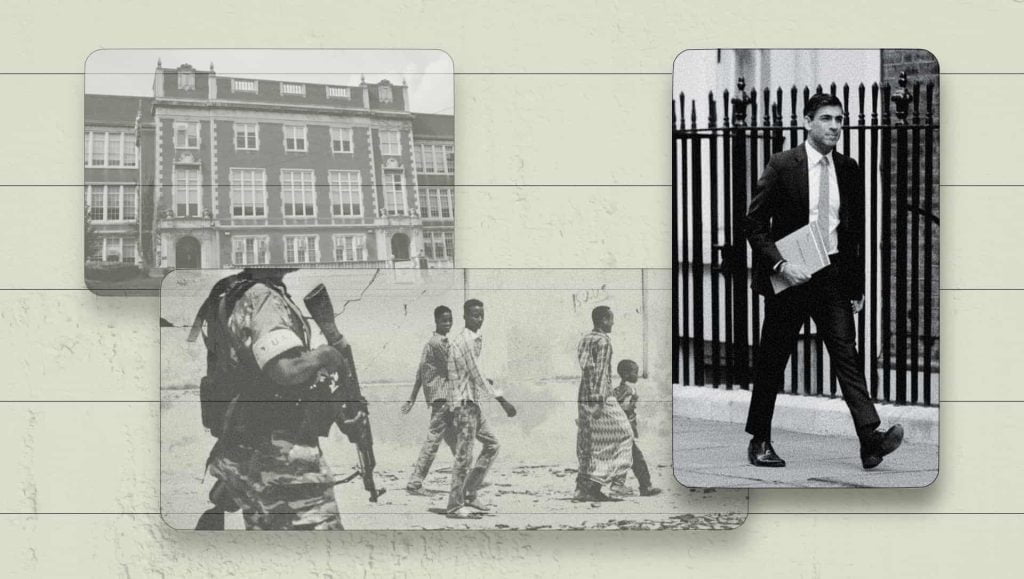
The media often operates in a way that discourages an international outlook and promotes an inward-looking perspective. © UN-aligned Design team
Sadly, the rule is that unbiased internationalism is rarely the case. The ploy of “divide and rule” also works when it comes to keeping people in manageable mindsets.
Ideally, one’s outrage at an act of injustice in Russia or compassion for the victims of a disaster in Bangladesh, would not be that different to what it would be for a national or local event, except that one may feel the impact more directly and be able to do more about it if it were closer to home.
However, the media generally works against promoting an international outlook and operates in ways that are intended to keep us inward looking. A girl goes missing in Europe in 2007 and the media is still talking about it; a 12-year-old Palestinian boy is shot by Israeli forces in 2022 and most people would not even have heard about it.
Despite there being certain guidelines on what constitutes newsworthiness, newsrooms follow their own subjective criteria. This can range from the elements relating to the propaganda model to simple technicalities, such as the “visualness” of a story.
Ultimately, however, these criteria are generally biassed towards a safe provincialism that is more easily manipulated. This is easy enough to verify: just take your preferred daily newspaper, count the news articles and then see how many of those relate to international events.
4. Misleading headlines and downright lies
Distorting the facts is of course the most shameless way of abusing the media. When White House Press Secretary Sean Spicer grossly exaggerated the attendance numbers of Donald Trump’s inauguration as President of the United States, Counsellor to the President, Kellyanne Conway, defended him during a Meet the Press interview on January 22, 2017, by saying that Spicer was merely conveying “alternative facts”.
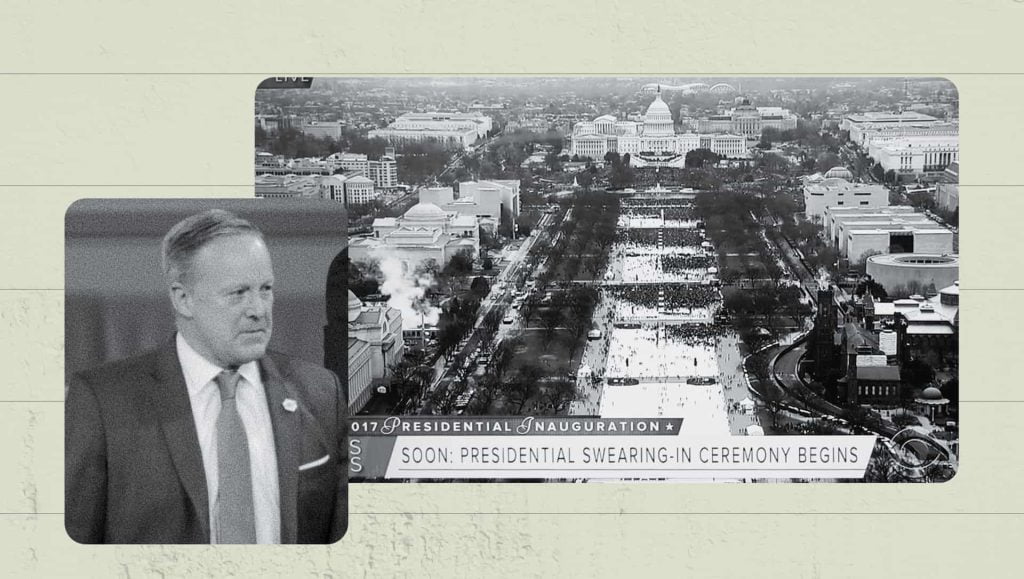
During a Meet the Press interview on January 22, 2017, Kellyanne Conway, U.S. Counselor to the President, used the phrase “Alternative facts” to defend a false statement made by White House Press Secretary Sean Spicer regarding the attendance numbers at Donald Trump’s Presidential inauguration.
Yes, we are fed many of those. In countries with oppressive regimes, it is a staple.
Take Putin’s Russia, for instance. It is as though we are back to Nazi Germany, only that access to information was much more limited then. In the 21st century, even in Putin’s Russia, there is no excuse when it comes to allowing oneself to be brainwashed with false propaganda.
We can witness that smugly as we sit on our high horse, or we can observe while listening to the alarm bells that question our own independence of thought.
“Alternative facts” are all around us. They are like a plague; and just as we took countless precautions to avoid being infected by the coronavirus, we should be equally cautious about being infected by falsehoods.
5. Where media can meet enlightenment
It is important to be aware of these tactics when consuming news and to seeking out ways to promote our freedom of thought. Here are some ideas on how to safeguard ourselves from the dangers of consuming media information.
Ownership and Funding of Media Outlets: Know who owns and funds the news outlet in question. Al Jazeera, for instance, is owned by the Al Jazeera Media Network, which is owned and funded by the monarchy government of Qatar. Whilst much of their reporting is of a high quality, do not expect them to be unprejudiced when reporting on the issues relating to the 2022 World Cup or LGBTQ+ abuses, for example.
Trust the Original Source: If possible, go to the source of the matter when this is likely to be more accurate. A report on a report, for instance, is never as good as the original report itself.
Diversify: Get your news from various sources, especially when bias is more likely.
Also, do not rely on news agencies alone; dig deeper. Large organisations, like the United Nations or NASA, have their own news pages, so if you are interested in specific issues, check related websites. The same applies if you are interested in a particular continent, area or country. If you are looking for Central American news, for example, you may have to wait for months to read a story from there from your usual sources, but by visiting government websites and online national newspapers or outlets, you will no doubt be kept more up-to-date.
Fact-check Your News: Fact-check, particularly if it smells fishy. There are various websites that can help with this, but some personal research can be just as effective.
Question the Motives: Keep an open mind and question the motives of the reporter and add a pinch of salt where necessary.
Beware of Headlines: Many of us are too busy to go into the details of an article and tend to skim instead, sometimes satisfying ourselves with a mere headline. This can be dangerous as headlines are often misleading and designed to draw our attention, while clarifying only later.
Avoid Propaganda and Refine your Ethics: If you live in an authoritarian State, the chances are that your access to media will be restricted. Apart from trying to find alternative sources of information as safely as possible, your priority will be to avoid being brainwashed by aggressive state propaganda. Refining one’s ethical principles is one of the surest ways to avoid being caught in the propaganda web. Certainly, abiding by these is another matter, particularly when our lives or livelihoods, or those of the people closest to us, are at risk.
Prevent Compassion Fatigue: Much of the time we consume news that is tragic and heart-breaking. One therefore needs to be aware of “compassion fatigue” and not allow our sensitivities to be hardened, as this can lead to debilitating indifference.
Read more: Compassion fatigue: How to turn your compassion into positive action
Turn your Knowledge into Action: All the knowledge in the world can be useless if we do nothing with it. I may be well aware of the extreme cruelty of the meat and dairy industries and the fact that it is innocent, sentient, loving and often intelligent beings that are the victims, but if I continue to support the abuse through my lifestyle, then that information is pretty useless. In fact, it is more than just useless: it is damaging in as much as it dulls our compassion towards less powerful beings. The same applies to all forms of injustice. Ultimately, we should all be activists; anything less is collusion.




